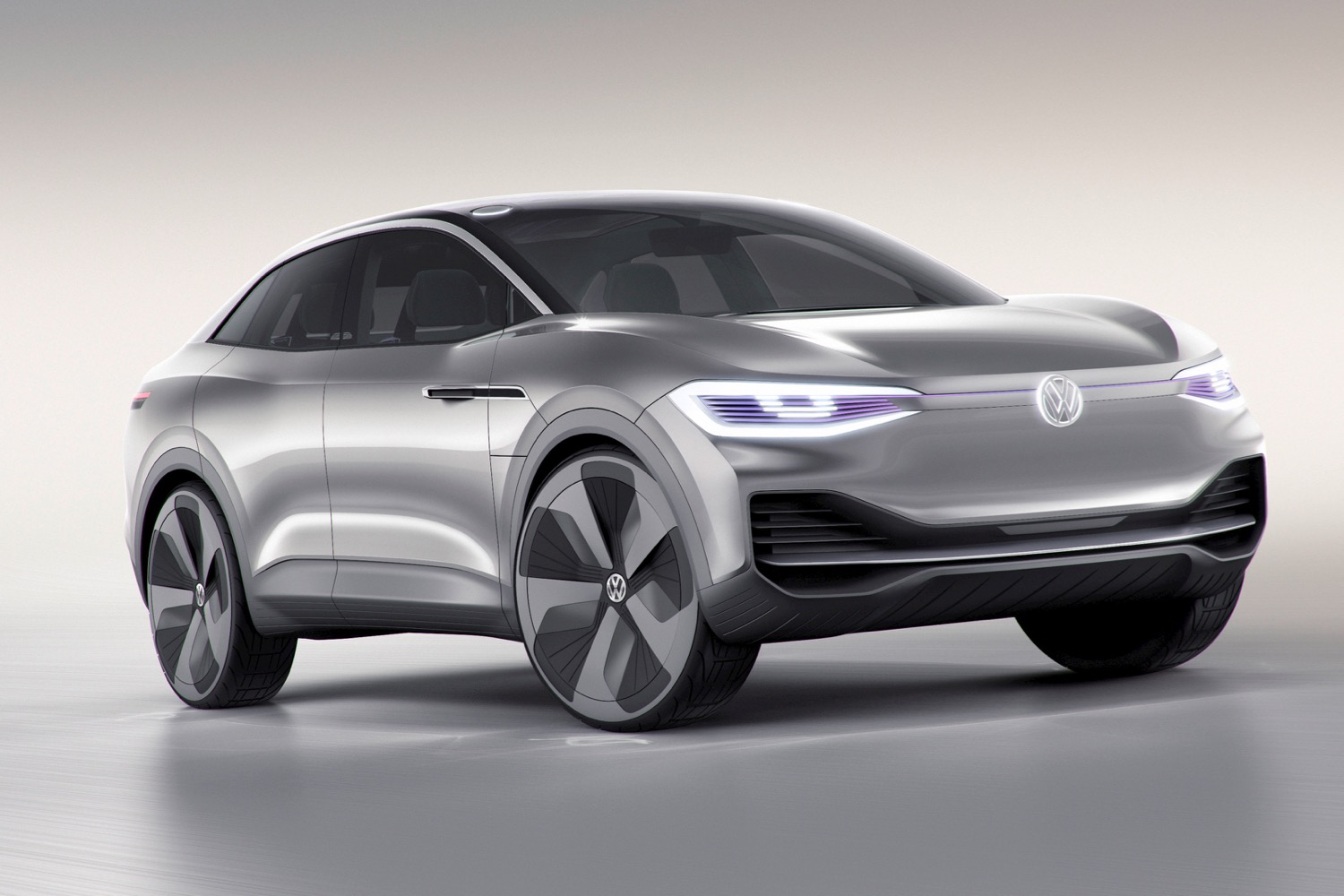
Volkswagen plans to make a big push through 2025 to fully connect its cars to the Internet of Things, beginning with its first all-electric car — the I.D. — in 2020. The move is part of an effort to streamline the onboard electronics of its vehicles, while at the same time making possible autonomous driving functions which should start appearing in Volkswagen Auto Group cars during the same time.
VW is already working with Nvidia on a fully autonomous Audi model, also due in 2020. While this effort appears to be seperate from those happening in the Volkswagen brand, it does indicate that the company is quite serious about making dramatic changes to the on-board systems of its cars.
“We have a clear vision: We will continue to build vastly superior vehicles. But going forward, our Volkswagens will increasingly become digital devices on wheels,” Volkswagen Brand Board Member for Sales Jürgen Stackmann said at press conference on Thursday, August 23, in Berlin.
A major part of this effort is the simplification of the control units within the vehicle, which in some cases can number over 70, all with disparate programming languages. The new platform will shrink this down to just a few control units, all using the same programming language and running on a new software platform that VW calls ‘vw.OS.’
Officials say that this new platform will make possible over-the-air updates and upgrades, much like Tesla already does for its customers. It also allows the car’s various sensors to communicate better, such as the onboard cameras detecting an open parking spot, and communicating to the various sensors to park the car on its own without the driver having to park the car themselves.
This connectivity is also aimed at helping its dealership partners. For example, a check engine light (an all-too-often occurrence in VWs as most owners would tell you), detection of excessive brake wear, or oil change reminders would send the data to a local service center, allowing the dealer to send specialized offers to the car’s owner based on their specific issues.
“Our customers will become part of an ecosystem that we have named ‘We,'” Stackmann continued. “This system complements the Volkswagen experience on wheels and enables customers to take their world into their vehicle,” adding that the company would also invite third parties to develop software for the vw.OS platform.
VW says it plans to announce partnerships and projects in the near future.


